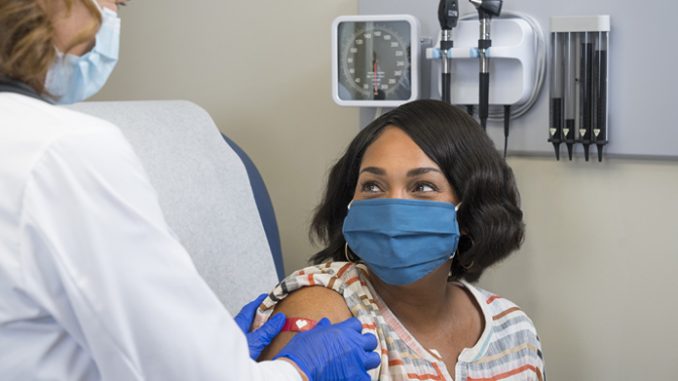
5 Benefits of Preventive Screenings and Vaccinations
By identifying possible health issues early and offering protection from infectious diseases, preventive screenings and vaccinations are essential for preserving general health and wellbeing. These preventative actions can lower healthcare expenses, enhance quality of life, and help avoid major health complications.
Here are five main advantages of immunizations and screenings for preventive diseases:
- Early Detection of Health Issues: Preventive screenings, such as blood tests, mammograms, colonoscopies, and Pap smears, are designed to detect health issues at their earliest stages when they are most treatable. By identifying potential problems before symptoms develop, individuals can receive timely interventions and treatments, which may improve outcomes and reduce the risk of complications. For example, regular screenings for conditions like cancer, diabetes, and cardiovascular disease can help identify abnormalities early, allowing for prompt medical intervention and better management of these conditions.
- Prevention of Serious Illnesses: Vaccinations are among the most effective tools for preventing infectious diseases and their complications. Vaccines stimulate the immune system to produce an immune response against specific pathogens, thereby protecting individuals from developing illnesses caused by those pathogens. Routine vaccinations, such as those for measles, mumps, rubella, influenza, hepatitis, and human papillomavirus (HPV), have significantly reduced the incidence of these diseases and their associated morbidity and mortality. By getting vaccinated, individuals not only protect themselves but also contribute to community immunity, reducing the overall spread of infectious diseases.
- Cost-Effectiveness: Preventive screenings and vaccinations are cost-effective interventions that can save individuals and healthcare systems money in the long run. Early detection of health issues through screenings can lead to less extensive and less expensive treatments compared to addressing conditions in their later stages. Similarly, preventing infectious diseases through vaccinations reduces healthcare expenditures associated with hospitalizations, doctor visits, medications, and lost productivity due to illness. Investing in preventive care can result in substantial cost savings by avoiding the need for more costly interventions and reducing the economic burden of disease.
- Improved Quality of Life: By detecting health issues early and preventing the onset of diseases, preventive screenings and vaccinations can significantly improve individuals’ quality of life. Early detection and treatment of conditions like cancer, diabetes, and cardiovascular disease can help individuals maintain their health, functionality, and independence for longer periods. Vaccinations protect individuals from experiencing the debilitating effects of infectious diseases and their complications, allowing them to lead healthier and more active lives. By prioritizing preventive care, individuals can enjoy a higher quality of life and greater overall well-being.
- Public Health Benefits: In addition to benefiting individuals, preventive screenings and vaccinations offer significant public health benefits by reducing the overall burden of disease in communities. By preventing the spread of infectious diseases, vaccinations help protect vulnerable populations, such as children, the elderly, and individuals with compromised immune systems. This not only reduces the number of people affected by diseases but also helps prevent outbreaks and epidemics. Preventive screenings contribute to public health by identifying and controlling the spread of communicable diseases and by promoting early interventions to prevent the progression of chronic conditions.
In Conclusion, immunizations and screenings for preventive diseases have many advantages for both people and communities. Proactive measures are crucial in promoting overall health and well-being because they prevent the onset of diseases, improve quality of life, lower healthcare costs, and safeguard public health. Maintaining a healthy lifestyle and avoiding illness and disease require investing in preventive care through routine screenings and vaccinations. People can take proactive measures to protect their health and the health of their communities by making preventive health measures a priority.

Leave a Reply